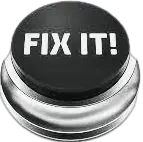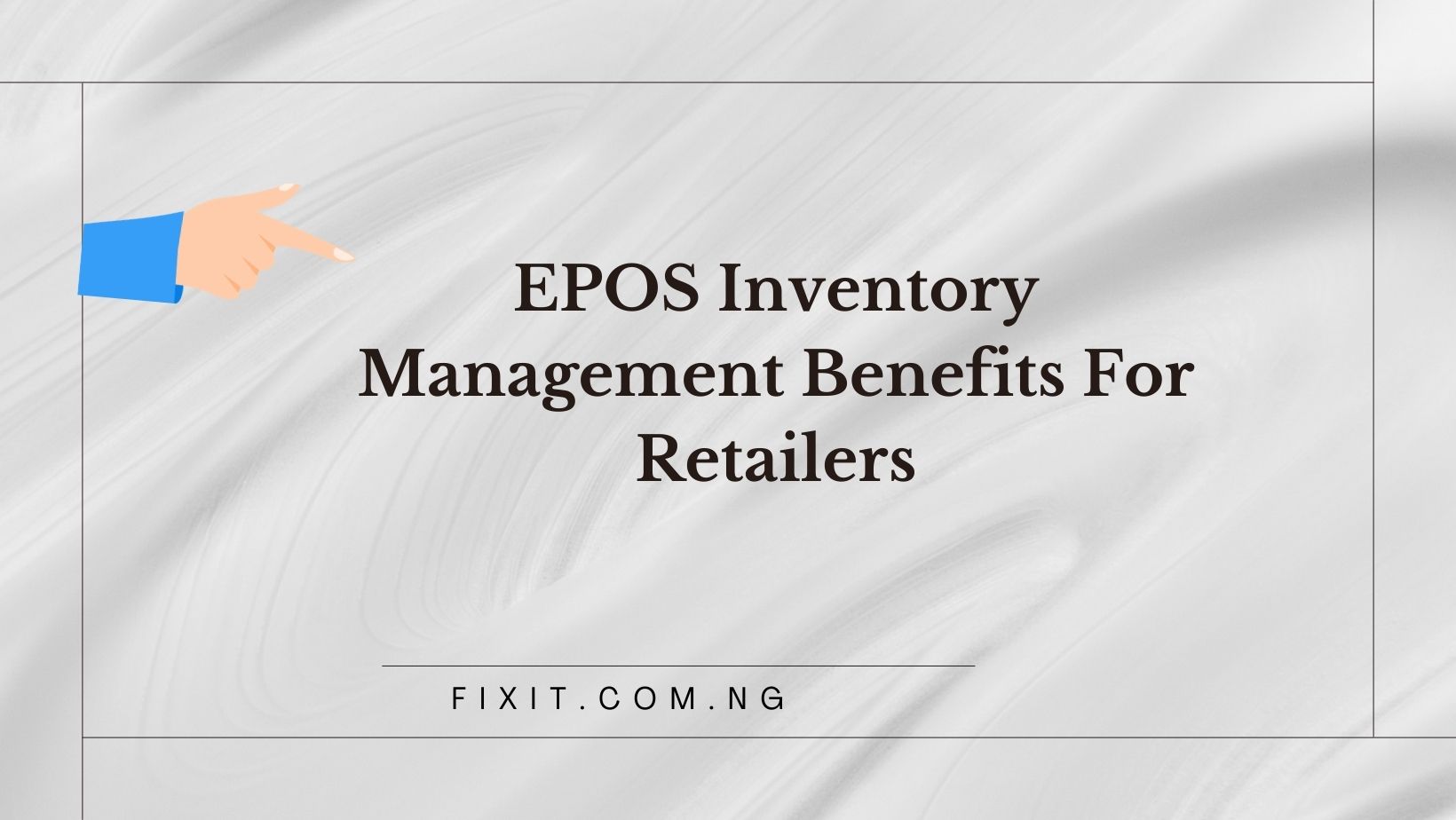EPOS inventory management systems provide accurate stock records, which help your business run more efficiently. This will prevent stock shortages and customer wait times while simultaneously helping identify products with high selling or profit margins.
An effective EPOS system will enable you to accept multiple payment methods and offer local pickup options for online purchases, while keeping track of staff performance and inventory management.
Real-time Inventory Tracking
An EPOS system with inventory management features can enable retailers to track inventory and sales data in real-time, helping them make informed decisions when it comes to buying and selling products. They can use sales information for sending promotional offers directly to customers as well as using inventory and sales data for improving financial reporting.
Selecting the proper POS inventory system can help retail businesses reduce warehousing costs, increase profits and provide superior customer service. But finding a system to meet both current and future needs can be challenging – start by considering where you stand now in terms of business goals; take note of any features necessary for supporting that ambition, and finally pick a system with features tailored specifically towards them.
EPOS systems track vital, real-time inventory data every time a product is scanned at the point of sale, then store it on their hard drives for later use to quickly answer customer inquiries; for instance if someone requests a specific size or color product across multiple stores. Staff can easily perform instantaneous stock checks based on this real-time inventory data.
Accurate inventory data is vital for any retail business. Without it, you would be unable to meet customer requests or sell product at the appropriate price point.
Order Management
EPOS inventory management enables businesses to track and control product sales. This streamlines operational efficiency, freeing employees to focus on customer service. In addition, this can help reduce stock errors as well as increasing profits and revenue streams. Choosing an integrated POS system that fits your business needs is also essential – for instance, some systems require specific card readers, so make sure to purchase those as needed.
An integrated POS system can easily save the purchase histories of each customer, making it simple to understand which products they buy from your store and when. With this information in hand, targeted offers can be sent out directly to customers while managers gain valuable insights into which items perform the best so they can forecast demand accurately and make smart purchasing decisions.
Inventory mismanagement can lead to higher warehousing costs, insufficient stock levels and missed sales opportunities – as well as customer disappointment. According to Veeqo’s estimates, 70% of online and 66% of in-store shoppers would look elsewhere for an item if it is no longer in stock.
To prevent these problems, an effective POS inventory management system can monitor stock and sales in real time, giving you real-time insight into when an item runs low and automatically create a purchase order for it. Furthermore, categorization will make finding products much simpler for staff members.
Customer Service
Businesses seeking to deliver excellent customer service require being able to keep an accurate inventory and make informed decisions, which a POS system can assist in by streamlining processes and eliminating manual errors. Scannable items make enumeration faster while saving both time and money compared to counting by hand; plus real-time reports generated by this software help pinpoint areas needing improvement and provide data insights.
If your menu items are frequently out of stock, this can be very annoying to customers and potentially result in negative feedback and poor experiences for them. By using a POS system that enables advanced ordering capabilities, out-of-stock situations can be avoided and customers always have their favorite items at their table.
A POS system can also help increase customer satisfaction by tracking customer behavior. Using this data, special promotions can be created to draw in new customers while rewarding loyal ones; customer service can also be enhanced by identifying customer preferences and offering more relevant products; finally it helps track sales and inventory to maximize profitability.
Reporting
Utilizing a point of sale (POS) system enables you to keep an eye on inventory. You can monitor sales, track stock levels and forecast future demand – this can save both time and money by eliminating unnecessary stock purchases while simultaneously helping prevent theft, shrinkage and dead stock liquidation. In addition, tracking expected vs actual stock helps identify theft during stock takes.
Most EPOS retail systems feature detailed reports that provide real-time sales data and other product details that help retailers make sound business decisions. These may include reports for either in-person only sales, cash flow analysis, inventory counts, customer purchase history analysis, food cost analyses and labor cost analyses – not forgetting integrations like barcode scanners, Chip and PIN machines, receipt printers or cash drawers!
Many POS retail systems also provide retailers with alerts that notify them when an item runs low and needs reordered soon, an especially helpful feature in hospitality businesses where trends and tastes change frequently; restaurants could use this data to see which drinks are selling well versus not, helping them make smarter decisions regarding menu items and product selection.

